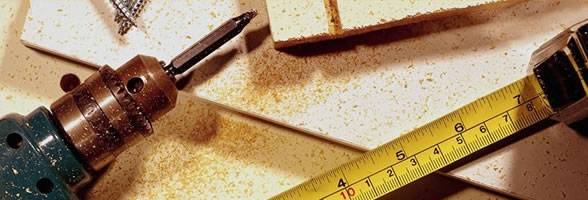
From Port-au-Prince to pole vault pit
06/05/2014 09:21by Jarrid Denney | The Torch
 Luke McKay was a 2013 All-American and placed third at the northwest athletic association of Community Colleges Championship in 2013. His personal record is 15 feet 3 inches. File/The Torch
Luke McKay was a 2013 All-American and placed third at the northwest athletic association of Community Colleges Championship in 2013. His personal record is 15 feet 3 inches. File/The Torch
Luke McKay overcomes odds, reconnects with family
Lane track standout Luke McKay’s journey to Eugene has been anything but ordinary.
At a time in which the economy in Haiti was suffering, Luke’s biological parents lost their jobs and were forced to put Luke up for adoption when he was 7 months old.
Joe and Joyce McKay had been trying to adopt in the U.S. but were turned down by adoption agencies time and time again, and were told their lifestyle in Eastern Oregon lacked cultural opportunities for children.
They were informed by a family friend who knew of somebody who had recently adopted from Haiti, and Joe and Joyce then attempted to do the same. Shortly after, they were able to adopt their first three children, Gabe, Clare and Luke from New Life Link, an orphanage in Port-au-Prince, Haiti’s capital.
They were the first of six children who the McKays would adopt in a span of three years, all of whom came from different biological parents.
At the time Luke was adopted, Haiti was being occupied by U.S. forces in an attempt by former President Bill Clinton to stop the flow of refugees fleeing the country, which was then the most impoverished in the Western hemisphere.
“I understood it was something that my mom had to do. I wasn’t really worried about the reasons why,” Luke said. “I just always knew it was because she loved me. She did what she had to do in order for me to survive. If I had stayed in Haiti, I probably would have been dead.”
Luke and his adopted siblings were raised by the McKay’s on a ranch in rural Juntura, west of Ontario, Ore.
Instead of growing up playing football and baseball like most kids, Luke and his five siblings were active in rodeo sports. They rode sheep and roped when they were younger and eventually progressed to riding broncos and steers at rodeo events around Oregon and Idaho.
“I get a big adrenaline rush from that. Me and my brothers are com- petitive with it. Each year, we try to figure out who had the best win- nings. We try to go to as many ro- deos as we can around the area,” he said.
There was only one thing that made them different from the typi- cal ranch kid. They were black in a town that was 98 percent white, ac- cording to the 2000 census.
“I don’t dress like I’m a cowboy or anything. When I tell friends, they’re like, ‘No, you’re not,’ and they don’t believe me. I show them pictures and they’re like, ‘Wow, you really are.’’’
Luke said that despite the fact that he and his siblings were minorities in the community, they rarely had to deal with racism. He recalled one incident in which a mother in the grocery story pulled her daughter away from Luke and his siblings when they tried to talk.
“It wasn’t difficult … but you do get used to people staring at you. After a while, we started to make a name for ourselves, and they would just know who we are,” he said.
Lane head track and field coach Grady O’Connor, who attended Paisley High School, the same school as Luke, watched him excel as a pole vaulter and sprinter at one of the smallest schools in the state. He went on to compete at Lane, where he earned All-American honors as a pole vaulter during the 2013 season.
“I was well aware of him and his family, because I’m still pretty close with the coaches and the community in Paisley,” O’Connor said. “So I was excited when he was vaulting so well at the 1A level … . Being the first Paisley recruit we’ve had, it was cool for him to do well.”
Growing up, Luke often wondered about his family. He sent multiple letters to the orphanage back in Haiti in an effort to reach any family member he could.
He received a letter from his sister in Haiti this year in response to a letter he had sent almost a year and a half earlier. While he hasn’t spoken directly to his parents or any of his three biological siblings, who all speak Creole, Luke has been communicating through Facebook with a cousin who lives in Haiti and speaks English. He has been able to talk with his mom and siblings over Skype, with his cousin translating.
Luke said he hopes to go to Haiti very soon, potentially as early as this summer.
“It was like a dream come true. As a kid, I would wonder, ‘Where are my parents at? Do I have any siblings? Is everybody still alive?’” he said. “I remember as a kid just praying day after day after day, asking my parents, trying to get in contact. Trying to call agencies. Trying to call people, sending letters to this and that. It was almost to a point where I had given up. After the whole earthquake that happened in Haiti, I thought maybe they were just gone … . I’m just glad to know that they’re alive and well.
—————

.png)